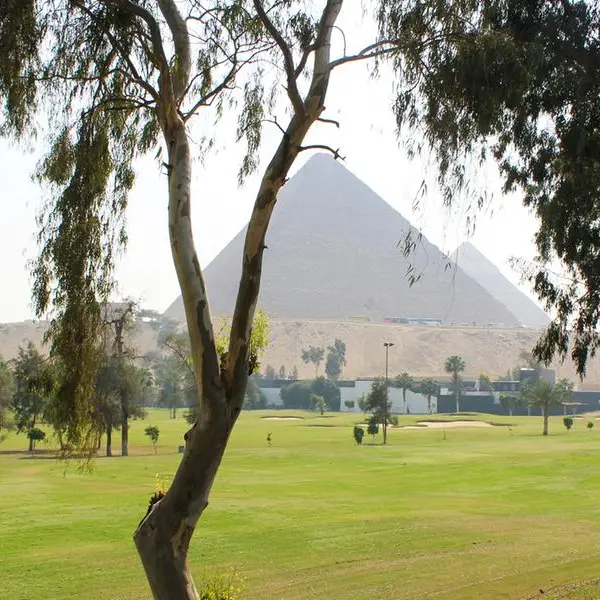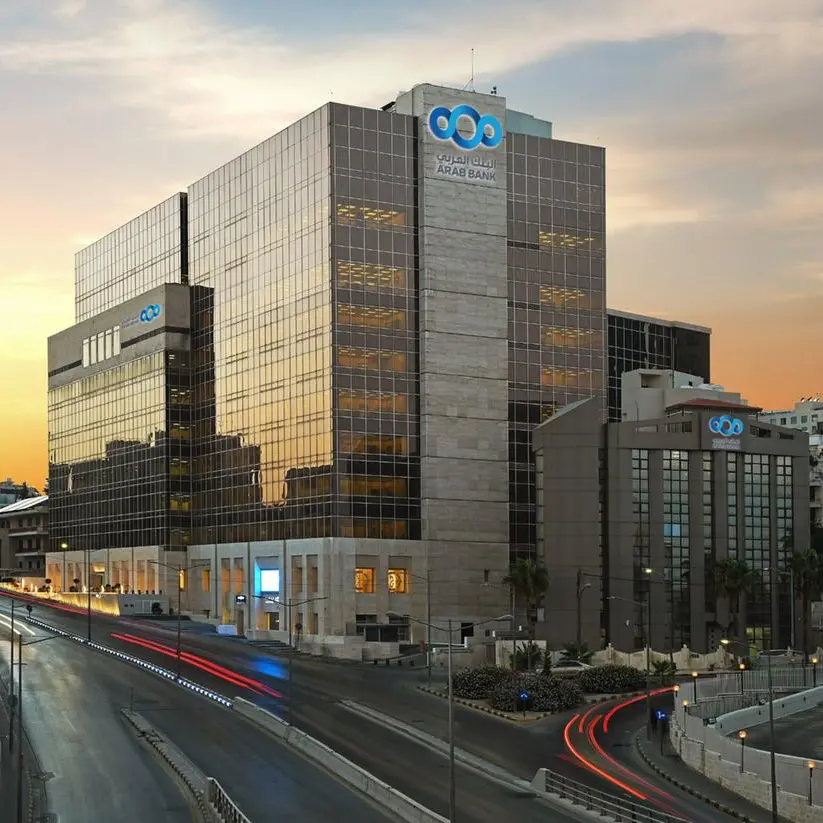PHOTO
Doha, Qatar: From 6 to 8 October, Qatar will host the Formula 1 Qatar Airways Qatar Grand Prix 2023. To support fans attending the Grand Prix and help them enjoy a safe and healthy experience, the Ministry of Public Health, Hamad Medical Corporation and Primary Health Care Corporation have collaborated to provide the following information related to accessing healthcare services and how to stay healthy.
HEALTHCARE SERVICES IN QATAR
Qatar’s healthcare sector has undergone an enormous journey of transformation over the past two decades and operates a modern, advanced healthcare system delivering a comprehensive range of medical services at the highest international standards.
The following information provides details about key emergency and urgent healthcare services for residents and visitors from across the world attending the Formula 1, Qatar Airways Qatar Grand Prix 2023.
Medical care can be accessed at any of the country’s private or public hospitals, medical centers, clinics and pharmacies.
In the event of a Medical Emergency
• Call 999 for an Ambulance
For urgent medical conditions
• For non-life threatening, urgent medical conditions, HMC operates a medical clinic at the Lusail International Circuit for the duration of the event.
• Or visit one of the following facilities:
One of the 10 Primary Health Care Corporation Urgent Care Units.
A private hospital or medical center in Qatar.
ENJOY A SAFE AND HEALTHY EXPERIENCE
Sun Safety
In October, daytime temperatures in Qatar typically range from 27 to 35 degrees Celsius. Prolonged exposure to the direct sun can be harmful to your health and lead to sunstroke and sunburn.
Overheating can be a serious risk to your health. Signs of heat stress are:
• Severe dizziness
• Body no longer sweating
• High body temperature
• Redness of the skin
• Confusion
To stay safe when outdoors, follow these precautionary actions:
• Wear loose-fitting light-colored clothing and comfortable walking shoes.
• Stay hydrated by drinking lots of water and other healthy fluids at regular intervals throughout the day. Fans cannot take water or other drinks into the Lusail Circuit but free water will be provided at the event for all attendees to stay hydrated.
• Wear a hat and sunglasses when in direct exposure to the sun.
• Where possible, limit your time in the direct sun between 11am and 4pm.
• Apply sunscreen, with a sun protection factor of at least 30+, and reapply every 2 to 3 hours.
• Take extra precautions for children and elderly people who are at higher risk of heat stroke.
If you or someone you are traveling with experience signs of heat stress, make sure to:
Seek medical attention immediately.
• Cool down by sitting in the shade, take off warm clothing, and drink water.
• Cool the body with a wet cloth or using a fan.
Hearing Safety
• The noise level produced at a Formula One race can reach 130 decibels, which is considered very high and could cause hearing damage.
• Consider wearing earplugs or ear defenders, especially for children, to protect auditory health.
Medication
Consider the implication of security-prohibited items on the limitation to carry personal medications. For more information on prohibited items, please click here.
Dust Storms
Dust storms, though rare, can reduce air quality and visibility and may have adverse effects on people’s health. Exposure to a dust storm may lead to irritation to the eyes and upper airways, especially for vulnerable population groups including young children, the elderly and people with respiratory conditions, such as asthma, bronchitis and emphysema.
To reduce your risk of adverse health effects in the event of a dust storm, follow these precautionary actions:
• Limit the time you spend outdoors.
• When outdoors, cover your nose and mouth with a face mask to prevent breathing in dust particles.
• Avoid vigorous physical activity outdoors.
• Wash your face, nose and mouth frequently.
• In the event that dust or sand gets into your eyes, do not rub them and rinse immediately with water.
If you experience persistent symptoms including shortness of breath, coughing, wheezing or chest pain, seek medical advice.
Food Safety
Food safety is a shared responsibility between governments, producers, and consumers.
1 in 10 people get sick each year from contaminated food. Common symptoms include:
• Stomach pain
• Vomiting
• Diarrhea
• Fever
To help keep you safe from food poisoning and foodborne diseases, follow the below precautionary actions:
• Keep your hands clean while handling food.
• Wash fruits and vegetables thoroughly before cooking and before eating them fresh.
• Avoid keeping ready-to-eat food hot or at room temperature for a long time.
• Avoid buying uncovered foods and foods exposed to any source of contamination.
• Read the food label to identify the content and expiration date.
• When eating from a buffet, use serving utensils and avoid touching foods with your hands.
• To avoid cross-contamination in buffets, don’t use the same serving utensils for different food items that may contain allergens.
• If you’re feeling unwell, contact a healthcare practitioner immediately.
Road and transportation safety
To help you stay safe and avoid injury when getting to and from Lusail Circuit and traveling around Qatar, follow these precautionary actions:
Drivers
• Drive within the speed limit and consider pedestrians.
• Do not use your mobile phone while driving and follow all road laws of Qatar.
• If travelling as a passenger, demand that the driver of your vehicle adheres to these safety measures.
• Use a seatbelt or a car seat [for children] on every trip, regardless of whether you are in the front or rear row of the vehicle.
Pedestrians
• Wear bright-colored or reflective clothing when walking at night or in poor visibility.
• Walk only on sidewalks and on designated pedestrian crossings or crosswalks.
• Walk in single file if you are in a group, especially on narrow roads and if it is getting dark.
Respiratory diseases
• Respiratory diseases, such as the flu, respiratory syncytial virus (RSV) and COVID-19, can spread more easily during large gatherings or events. To reduce your risk of spreading or catching a respiratory disease, adhere to the following precautionary measures: (This is especially important for high-risk individuals, including people over 60 years of age and those with chronic medical conditions.)
• Wear a mask when in crowded spaces
• Reduce contact with people who show symptoms such as coughing or sneezing
• Cough/sneeze in your elbow. If you are using a tissue, make sure you properly dispose of used tissues immediately after use.
• Do not share eating and drinking utensils
• Keep your hands clean through regular hand washing
• Get vaccinated against seasonal influenza and COVID-19
Avoid gatherings or events if you’re feeling unwell or have any symptoms of respiratory disease, including fever, cough, runny nose, and sore throat.
© Dar Al Sharq Press, Printing & Distribution. All Rights Reserved. Provided by SyndiGate Media Inc. (Syndigate.info).





















